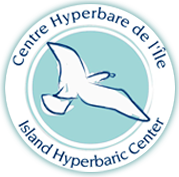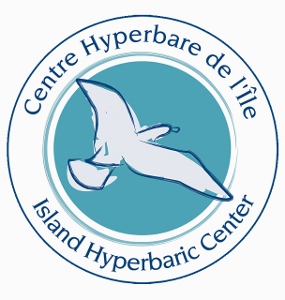INESSS report on the therapeutic value of Hyperbaric Oxygen for children with CP in
On the 17th of February 2020 INESSS, an institute within the government of the Province of Quebec ,established to promote clinical excellence and the efficient use of resources in the health and social services sector, released a report entitled “The therapeutic value of hyperbaric oxygen (HBO) on children with cerebral palsy“. This highly anticipated report of 115 pages published in French fell short of the expectations of physicians and parents alike. Published recommendations from INESSS are summarized in 8 page overview- In the light of the scientific, contextual and experiential data gathered and given the lack of evidence of any therapeutic value, the INESSS considers that adding HBO or HBA to the range of public services to treat children with cerebral palsy is not a fair and reasonable option.
The findings of INESSS are not consistent with the significant benefits that parents have been experiencing for over the last 20 years. Their failure to acknowledge the economic benefits of hyperbaric oxygen and the improvement of the lives of the families with these children with CP is a major oversight. In their findings INESSS cites given the lack of evidence of any therapeutic value, yet their disregard for evidence presented of children stepping from wheelchairs or beginning to speak in sentences after 4 years of being non verbal could be considered overlooking evidence hidden in plain sight. The response of children with cerebral palsy is varied because the injuries of these children are varied and the region of the brain affected is slightly different. The willingness of the learned authors of this report to endorse occupational and physical therapies is puzzling. The parents of children with cerebral palsy are intelligent by necessity. Many are forced to advocate on behalf of their children for therapies that provide consistent results. The changes in quality of life are real. They recognize this is an injury for which there is no cure. They want what all parents want for their children, to be the best they can be. If the shoe was on the other foot and each of the authors of this report had been blessed with a child with a special needs, I think you would find they would have proffered a much different narrative in support of a treatment option that consistently produces significant benefits.

